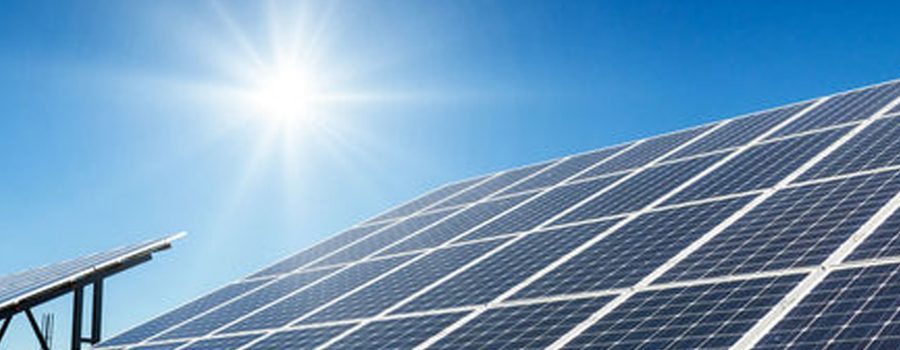Last week, the Aboitiz Group came out with what it says is its massive transformative purpose: transforming energy for a better world.
It was a grand launch that promised an unrealistic conceit: a future where energy is abundant, poverty does not exist, and environmental sustainability is given utmost priority.
The conglomerate has also vowed to transition to a 50:50 balance of ‘cleanergy’ and thermal capacities by 2030”.
But a closer look at the conglomerate’s activities, including the recent expansion of its already coal-heavy power portfolio, shows its aspirations are far from the truth.
Regulatory capture
Apart from Aboitiz Equity Venture President and CEO Sabin Aboitiz’s appointment as the lead of the President’s Private Sector Advisory Council, his former colleagues and subordinates at AboitizPower now control the government’s highest offices in the power industry.
These appointments include former AboitizPower director Raphael M. Lotilla as Department of Energy (DoE) secretary, former AboitizPower first vice president for regulatory affairs Dennis Edward Dela Serna as president of the Power Sector Assets and Liabilities Management Corp. (PSALM), and former AboitizPower compliance officer Monalisa Dimalanta as chairperson of the Energy Regulatory Commission (ERC).
The appointment of former corporate executives to the highest posts in the power sector is classical regulatory capture, as the heads of government and regulatory agencies relating to the power sector are now dominated by persons previously connected to a single conglomerate.
This is a situation that does not bode well for the public interest and the regulatory requirement to always ensure the least cost to consumers.
Coal-fueled future
On the other hand, the conglomerate’s commitment to a sustainable future is in apparent contradiction to its current activities.
Aboitiz Power Corp. has undertaken a takeover of a significant stake in the local subsidiary of German company, STEAG GmbH, through its acquisition of an additional 35.4-percent ownership of the company for $36.1 million (about P2.1 billion), “plus locked box interest at 4 percent per annum”.
STEAG State Power Inc. (SPI) runs a 210-megawatt coal-fired power plant in Mindanao.
With its purchase of an additional of 167,648,480 shares from the German power firm, AboitizPower’s stake in the coal power facility has increased to 69.4 percent.
This keeps Aboitiz’s use of coal at 63 percent of its 5,322 total net sellable capacity.
The remainder of its power assets constitute a mix of 13 percent oil, 17 percent hydro, six percent geothermal, and one percent solar.
In no uncertain terms, the conglomerate’s current power mix is not sustainable commitment the public seeks from the power sector.
Regulatory nexus
And now the concern: With the conglomerate’s former executives now leading the highest posts in regulating the power sector, will they be able to take Aboitiz to task for its continuing expansion into coal technology despite a commitment to cleaner technologies?
More importantly, with the conglomerate operating both power generation and distribution businesses, will they be able to spot conflicts of interest and anti-competitive behavior?
In fact, under the new government, the push for cleaner technologies should be the priority of government for upcoming power projects.
But whether this will be more than lip service remains to be seen, for as long as a singular corporate interest is able to hobnob at the corridors of power and afforded high-level appointments to offices regulating their sector.

